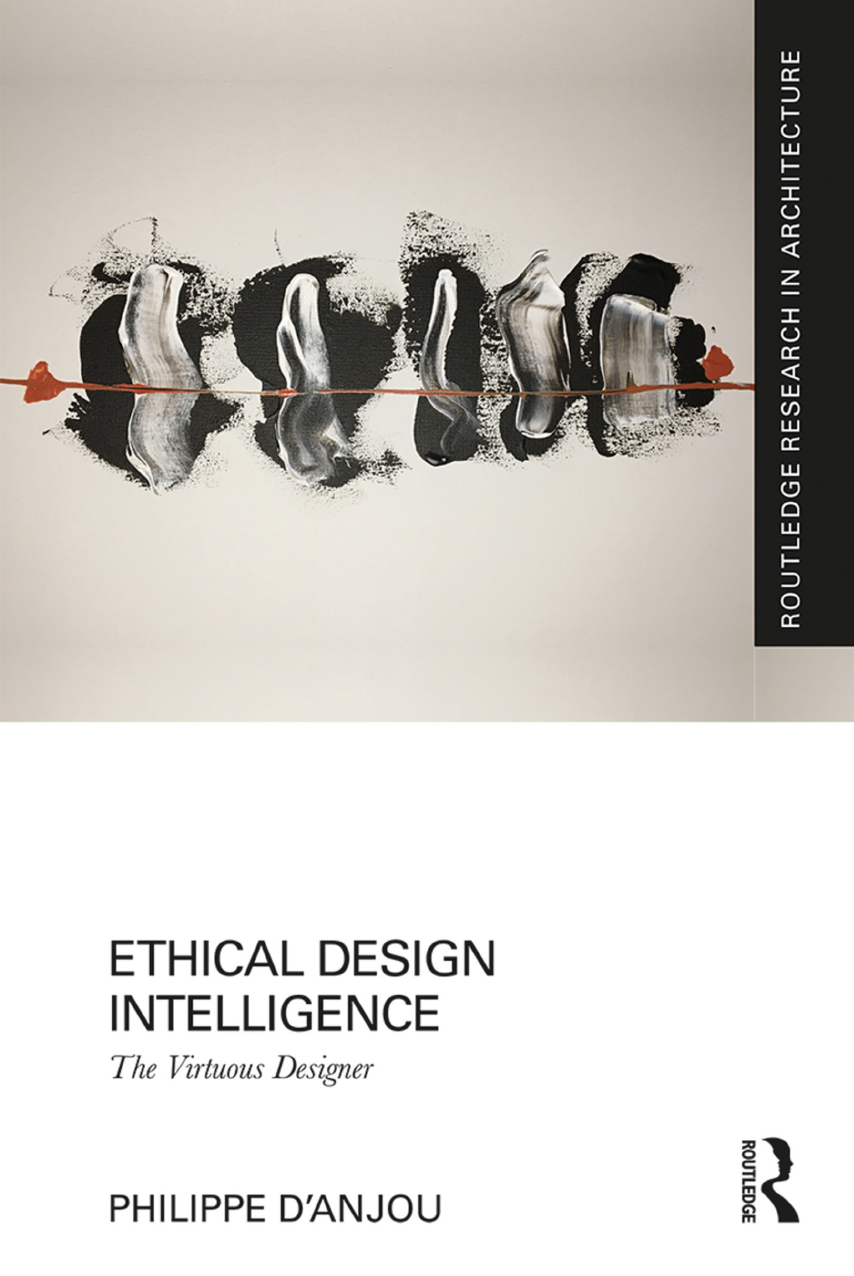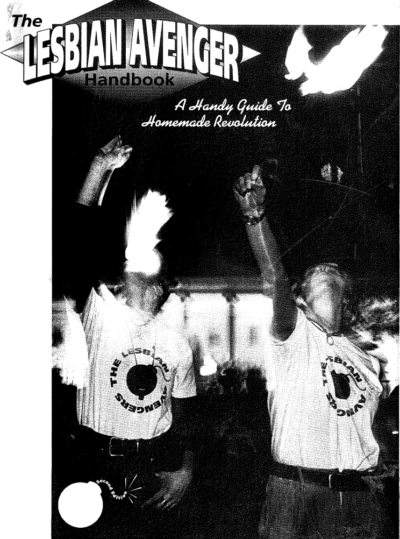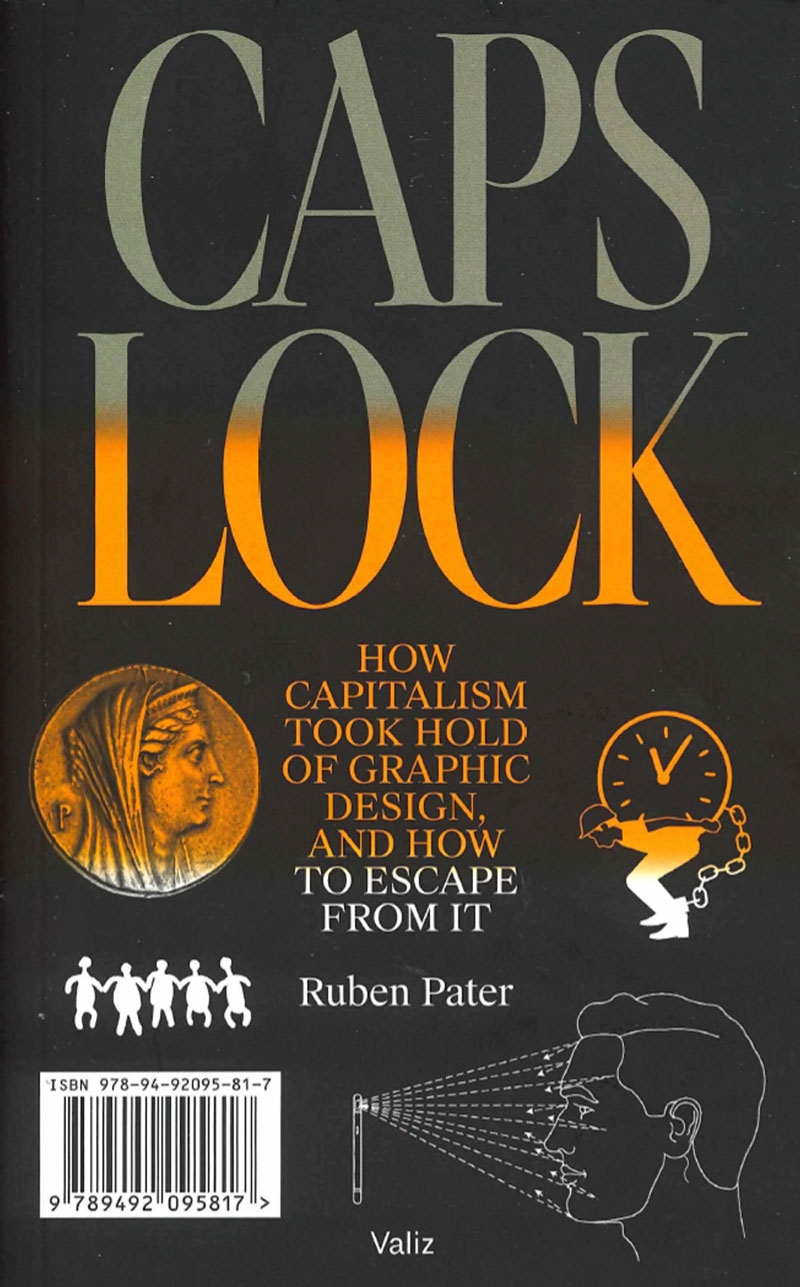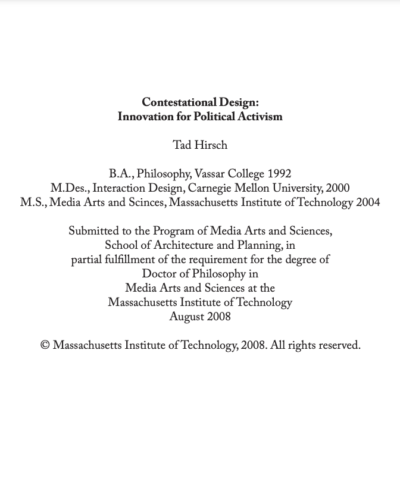“Ethical Design Intelligence: The Virtuous Designer explores the deep significance of philosophy and ethics to the practice of design. It offers designers from disciplines such as architecture, urban design, planning, landscape, interior, and industrial design an alternative ethical framework in which to expand their thinking about their practice.
Arguing that design today is primarily an agency driven by the momentum of globalization, embedded in economy, materialism, and utility, the book reconceptualizes the notion of virtue in design practice. Across chapters covering topics such as virtuous character, creative agency, and unsustainable practices, the book scrutinizes design through a philosophical lens.”
Door: Philippe d’Anjou.
Uit het boek: “… when the designer discovers that one is free but engaged, then one can choose to “rebel” and engage design practice in a defined direction; this is where the choice of virtuous design practice conduct can occur. This rebellion gives all the value to design. This can be defined as going from a pre-reflexive state of consciousness, to a reflexive one, and achieving a post-reflexive consciousness of design practice. We are free, we are by default engaged in the world, and we choose how to engage the world by design so as to design the world and hence our being-in-the-world.
When we look at this issue closely, we can see that “futuring” and “defuturing” really are the only two directions for the designer to engage design, themselves, and the other. 5 The designer, design, and the designed are agencies that “design” the world and our existence in one way or another. Since current design is mostly understood and practiced as a defuturing agency, then to “rebel,” in Camus’s perspective, is to consciously engage design practice, as a whole, as a futuring agency. ” (P 158)




